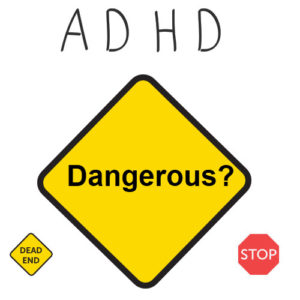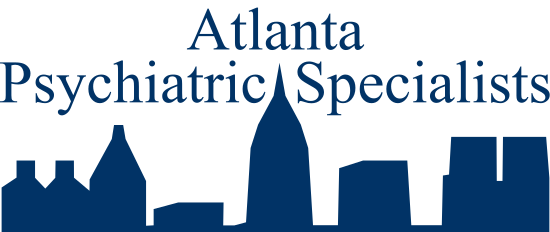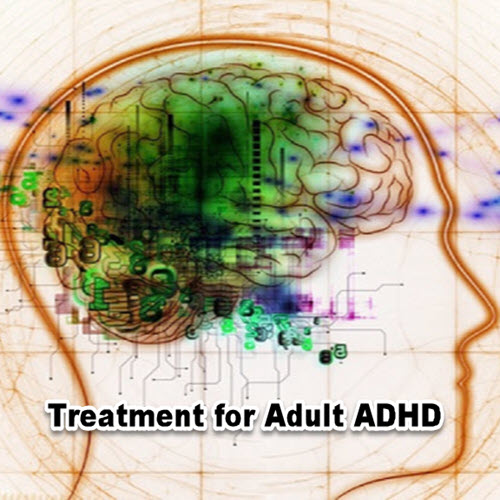 I am often asked about the difference between ADD and ADHD. The official Diagnostic and Statistical Manual of Mental Disorders (DSM–5) terminology is “Attention-Deficit/Hyperactivity Disorder” as the larger category. Within this big overall ADHD disorder are two subcategories of “Inattention” and “Hyperactivity and impulsivity”.
I am often asked about the difference between ADD and ADHD. The official Diagnostic and Statistical Manual of Mental Disorders (DSM–5) terminology is “Attention-Deficit/Hyperactivity Disorder” as the larger category. Within this big overall ADHD disorder are two subcategories of “Inattention” and “Hyperactivity and impulsivity”.
Inattention
The inattention category lists nine types of problems including:
- Poor attention span
- Not sustaining effort
- Easily distracted
- Disorganized
- Not planning and finishing
- Losing things
- Careless mistakes
And I would add-in my clinical experience- feeling overwhelmed and anxious about not performing up to one’s expectations. This inattentive category involves problems with working memory (also called short term memory): towards the end of a long or boring sentence we may have forgotten how it started and have to go back. I find the term “ADD” is usually used to refer to this Inattention subcategory of ADHD.
Hyperactivity and Impulsivity
The other subcategory under ADHD is hyperactivity and impulsivity. In adults, this often takes the form of the following:
- Being restless
- Wanting more physical movement
- Being intrusive and overtalkative
- Difficulty waiting one’s turn (in a line, or in conversation)
- Making rash decisions or statements that we regret later.
Again- in my clinical experience- this can lead to job loss, relationship problems, a tendency to try drugs or alcohol for immediate relief of stress (including prescribed medications for anxiety).
ADD and ADHD
The DSM asks us to specify whether the condition of ADHD is primarily inattentive versus primarily hyperactive/impulsive. Or both (combined, mixed). In ordinary conversation, I use both terms, ADD and ADHD, somewhat interchangeably in order to communicate more easily. The most important point is to identify the magnitude of the problem: how are these tendencies interfering with your quality of life? And therefore, how important is it to do something about ADHD symptoms? People with ADHD may suffer and be experiencing anxious or unhappy/sad/depressed moods because at some level they realize that their brain networks are not performing up to expectations.
Frequently Asked Questions
- Is psychological testing necessary to make a diagnosis?
[No] - Do various brain scans make the diagnosis?
[No] - Is medication always needed?
[No]. - How common is ADHD?
[DSM 5 says it occurs in 5% of children and 2.5% of adults. I think this is an underestimate; other sources say 10% of children and at least 5% of adults].
I will elaborate on these and other issues in a later post, but the point is that this is a clinical diagnosis and we don’t know enough about how the brain is wired and what influences these connections, although genetics usually plays a role, and one’s physical and social environment does also.
Dangers
Back to the main topic, about whether ADHD is dangerous and what and when to do something. Mild ADHD symptoms may just be a curiosity or quirk (“You’re so ADD” is a common jibe). Some people with ADHD symptoms are found to have obstructive sleep apnea, and it is very important medically to identify and treat sleep apnea because of risks of heart disease and hypertension, etc. Some people with apparent ADHD may be seriously depressed or suffer from thyroid disease or chronic pain as a triggering factor. Integrative medicine is a term for coordinating these various treatments including psychiatry.
Mild symptoms associated with ADHD may not require treatment, or at least may respond to coaching, practice, using checklists, self help, etc. The person with mild to moderate symptoms is often treated with medication and responds well, with improved work or school performance, more enjoyable relationships, better quality of life. More moderate to severe disorders can lead to industrial accidents, auto accidents, reckless and illegal behavior, inappropriate anger, substance and alcohol use problems, financial difficulties and general lack of success in life as compared to others without this disorder. When I evaluate people who have had trouble with the law, work disability, addiction problems, or failed relationships, I often find ADHD symptoms present.
The Good News
The good news is that we have effective treatments available for ADHD, sometimes fairly rapidly effective for inattention, hyperactivity, impulsivity, poor decision making, working memory. In my next post I will explore these medications with you. Also we will look at some of the conditions that can overlap or co-occur with ADHD (anxiety, mood swings, alcohol use) and how we can integrate successful treatment.
Although the title of this post refers to dangers, the evidence points to optimism about being able to do something that can be life changing.

 Is Depression Really Like Asthma?
Is Depression Really Like Asthma?
It seems like I have every ailment in the big book of crazy but can’t afford help. Healthcare is a joke.